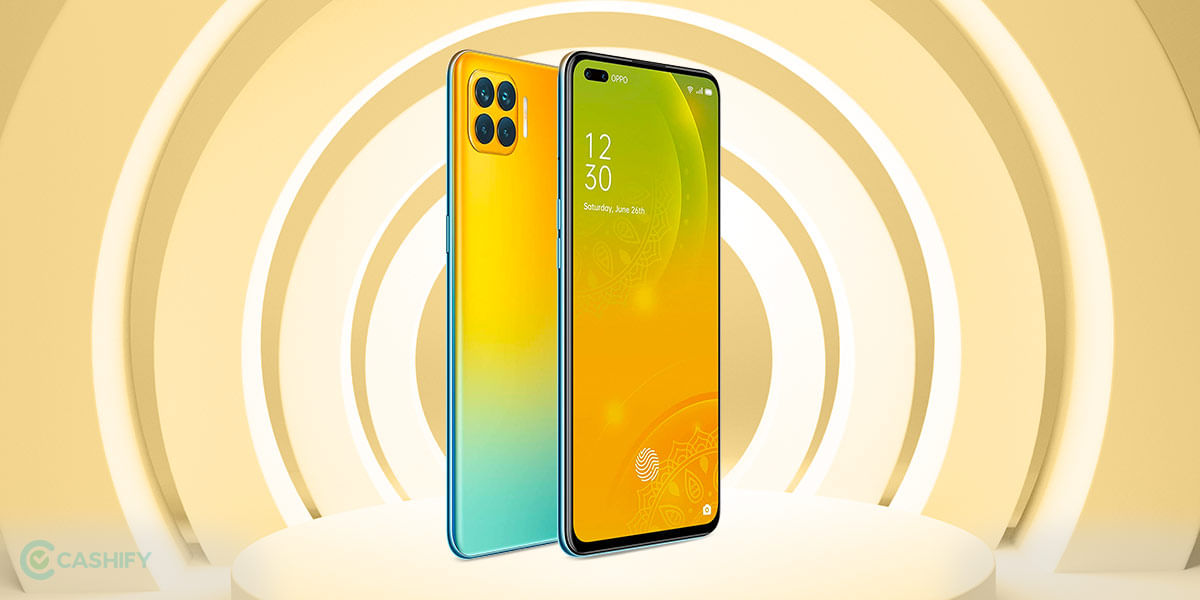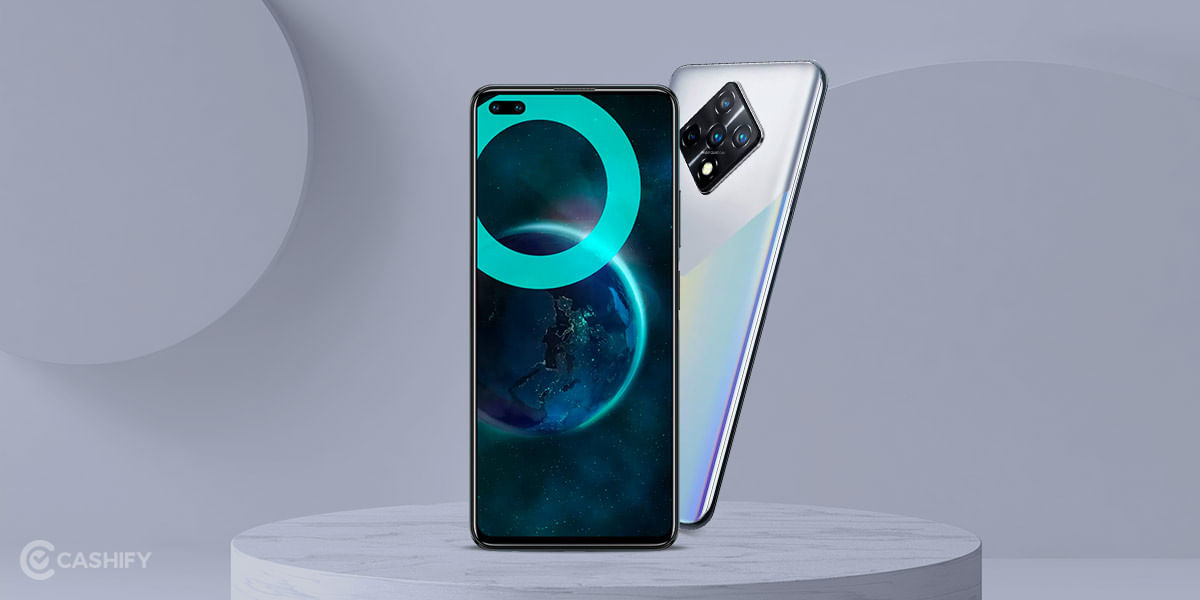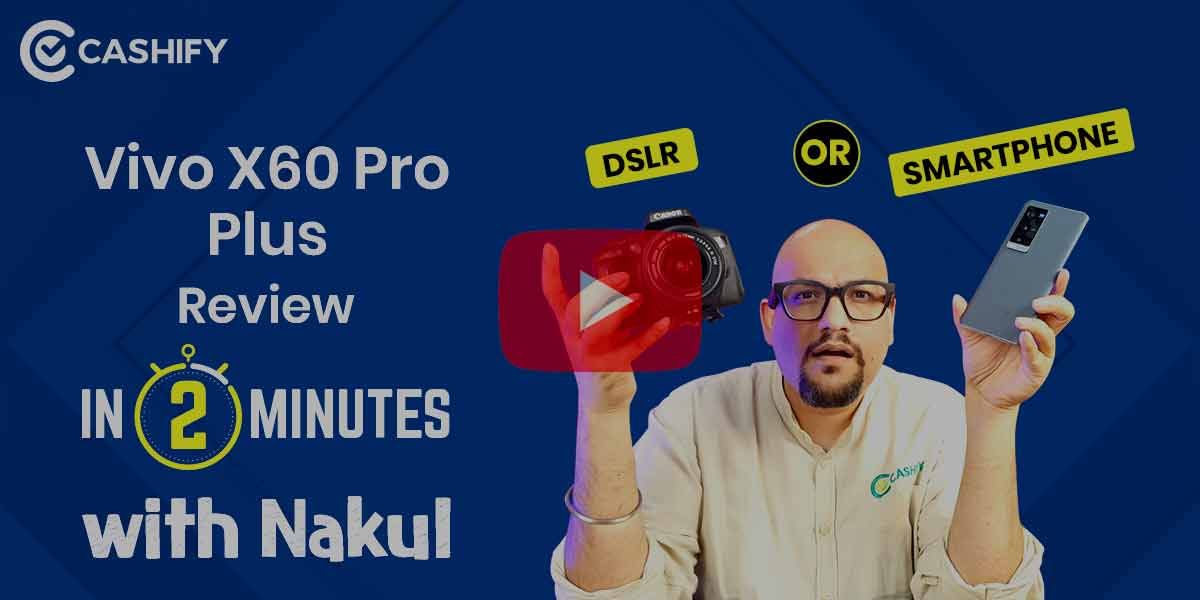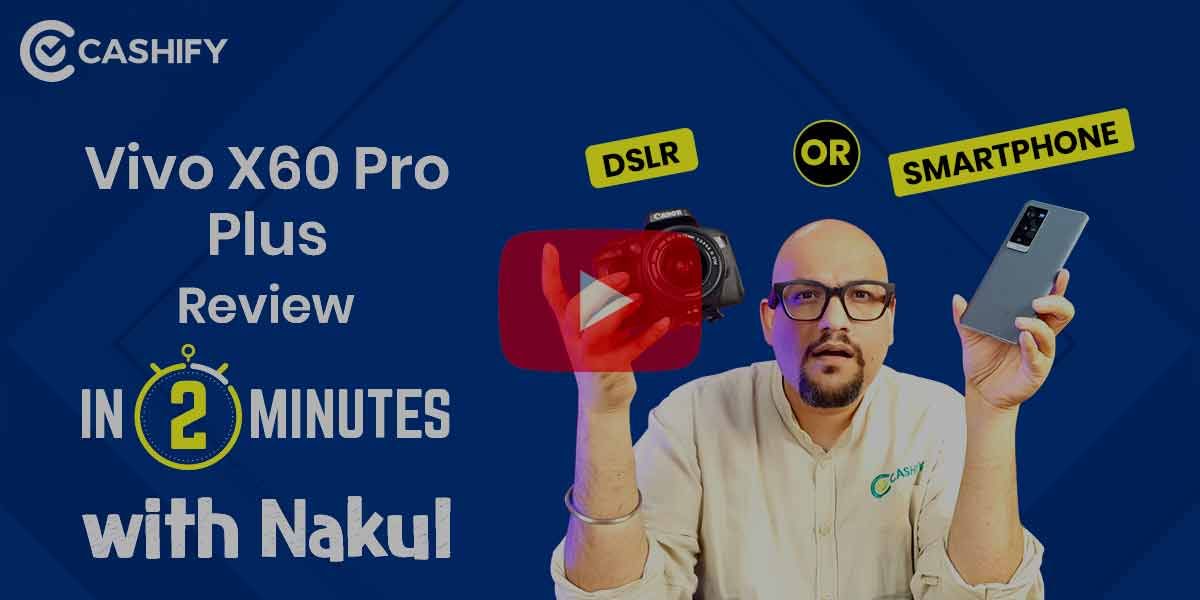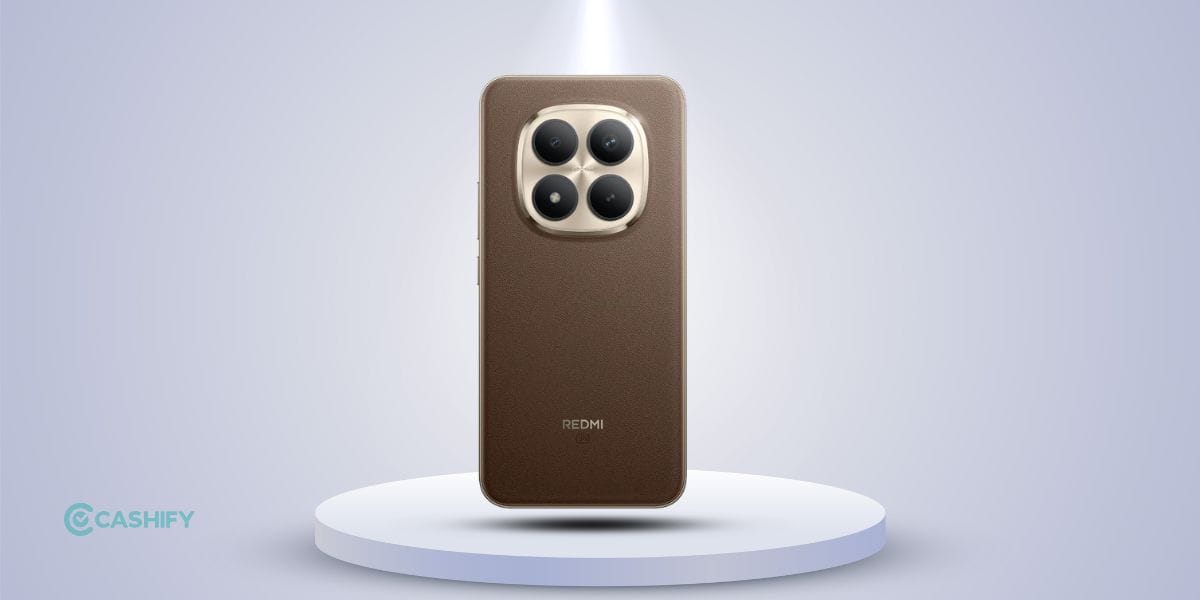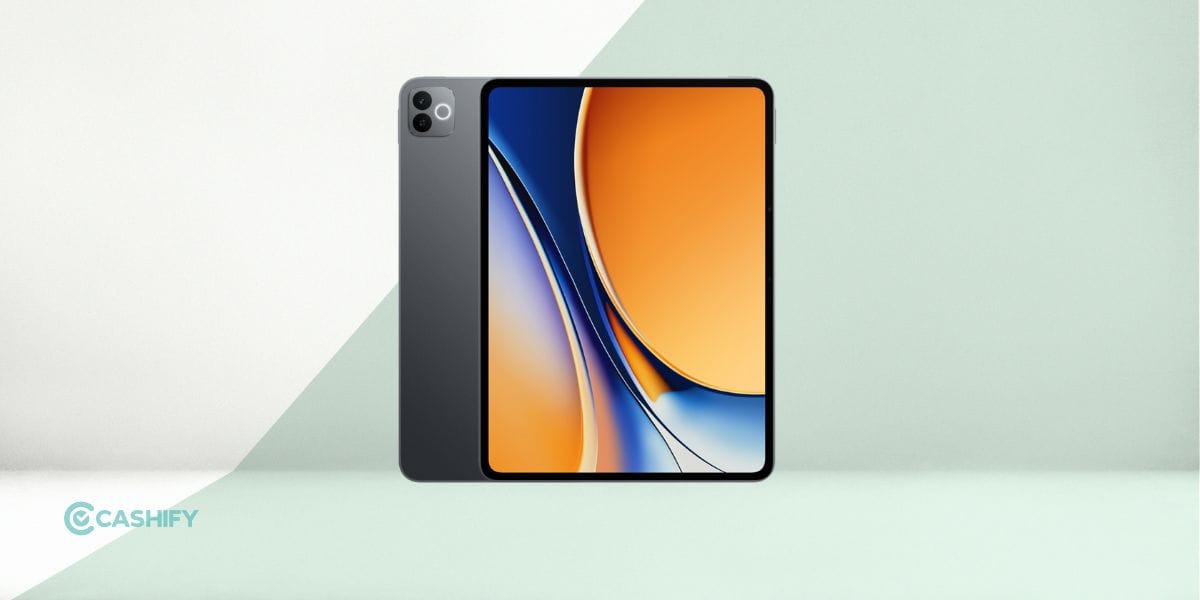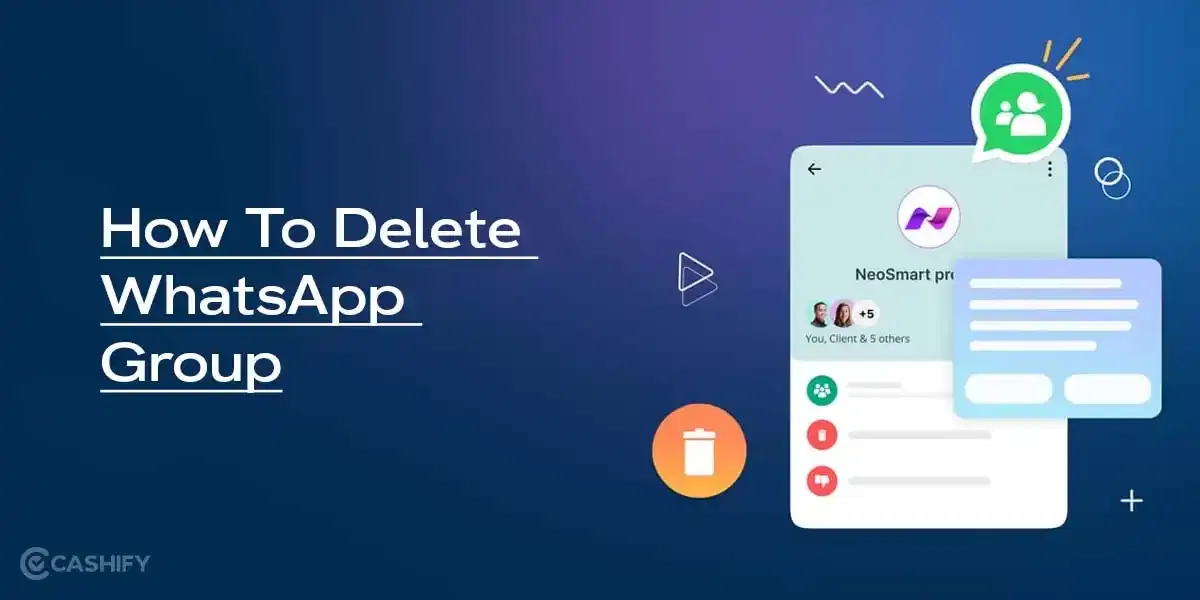Introduction - Is it the slimmest?
There was a time when everyone thought that slimmer smartphones are the future and almost every brand used to advertise about how slim they have made their device. But things changed when a certain company “Apple” made a huge mistake with the iPhone 6 and 6 Plus in the year 2016, which were supposedly the slimmest iPhones ever. Several users across the globe complained about their iPhones getting bend which was followed by a lawsuit being filed against Apple and slowly the trend of slimmer phones faded away. Smartphone companies now, have shifted their focus in providing better battery life (especially in the budget segment) which has resulted in bigger and bulkier phones. But, if you are among those who are not satisfied with this trade-off for better battery life and miss those slimmer-sleeker designed smartphones, then Vivo now has an option for you in the form of Vivo V20.
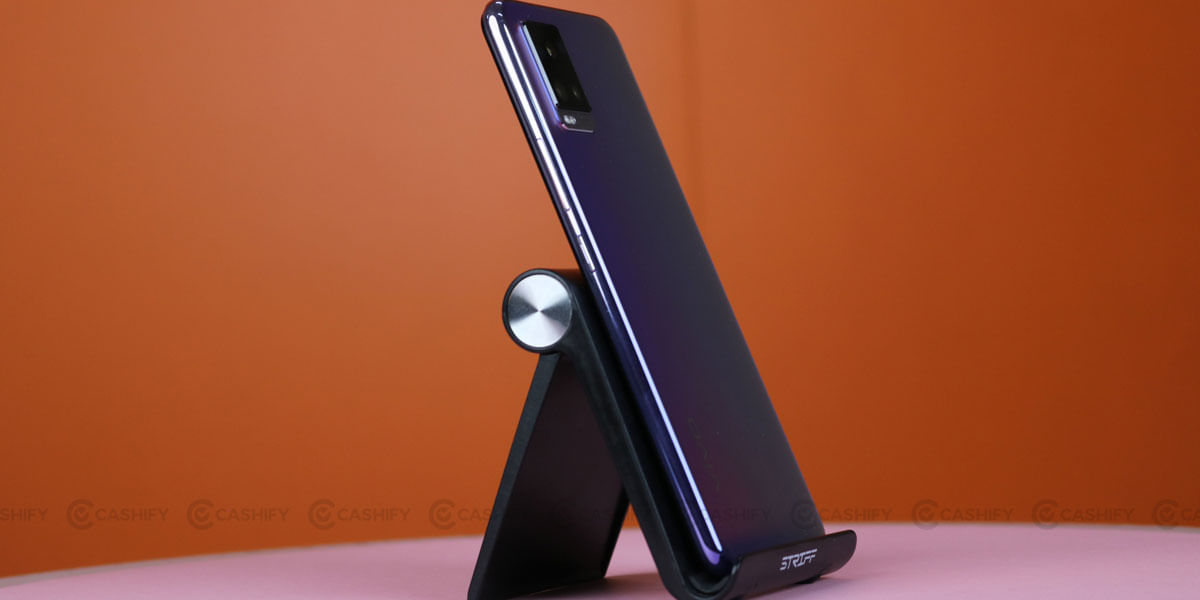
With the V20, Vivo has put a strong focus in the design aspect of the phone with the device measuring just 7.38mm in thickness. It features a 44MP selfie camera with auto eye-focus, a 4,000 mAh battery and a neat looking glass-back finish.
Also Check: Vivo V20 Quick Review in 2 Minutes
Let us see how well does the Vivo V20 perform and where does it stand when compared with other smartphones in its price segment.
Prices in India, Variants, Availability
Vivo V20 comes in two variants. There is the smaller 128GB variant and the higher 256GB variant. Both the variants come with the fixed 8GB LPDDR4X RAM. The price for the lower 128 GB storage variant is ₹24,399, while the higher 256GB storage variant will cost you ₹28,990. As for the colour options you can choose from: Moonlight Sonata- a Simple white shade, a fancier Sunset Melody and a more professional looking Midnight Jazz shade.
Also Read: Vivo Mobile Price List in India
You can buy it from amazon.in or flipkart.com among other e-commerce services. Do check out for some amazing deals on Amazon and Flipkart like the buy with exchange offer or the No Cost EMI.
Box Contents
Vivo V20 comes packed in a bright blue box which includes:
- Vivo V20 (8GB+128GB) in Sunset Melody colour.
- A 33W Flash Charge 2.0 wall adaptor.
- USB Type-A to Type-C cable.
- USB Type-C to 3.5mm jack adaptor.
- Earphones with a 3.5mm jack connector.
- SIM Ejector tool.
- User guide and warranty information.
Specs at a glance
Before we talk in detail about Vivo V20, let’s have a quick look at the key specifications.
- Display: 16.36 cm (6.44 inch) Full HD+ AMOLED Display, 60Hz refresh rate
- Processor: Qualcomm Snapdragon 720G
- Storage: 8GB/128GB
- Software: Android 11
- Rear cameras: 64MP + 8MP + 2MP
- Selfie camera: 44MP
- Battery: 4000 mAh, 33W FlashCharge
- Weight: 161.3 mm x 74.2 mm x 7.4 mm
- Dimensions: 171g
Now, let’s move ahead and see the Vivo V20 and check if its really the slimmest and lightest smartphone till date.
Design and Build - One Of The Slimmest
The main highlights of this device is its design and relative compactness. It is quite thin, “thinner than a pencil”-as we see in the ad, and weighs only 170gm. From my experience I can definitely say that the in-hand feel of this device is really impressive. The back panel is glass and has a matte finish which adds up to the premium feel of the device and it also makes fingerprints and smudges less visible. The camera module stands out with its size and design, too. It will cause the phone to wobble when you place it on a flat surface, but it does look the part. The side frame is curved and made of plastic, but its hard to tell by touching it, and the glossy colour finish blends perfectly with the frosted back.
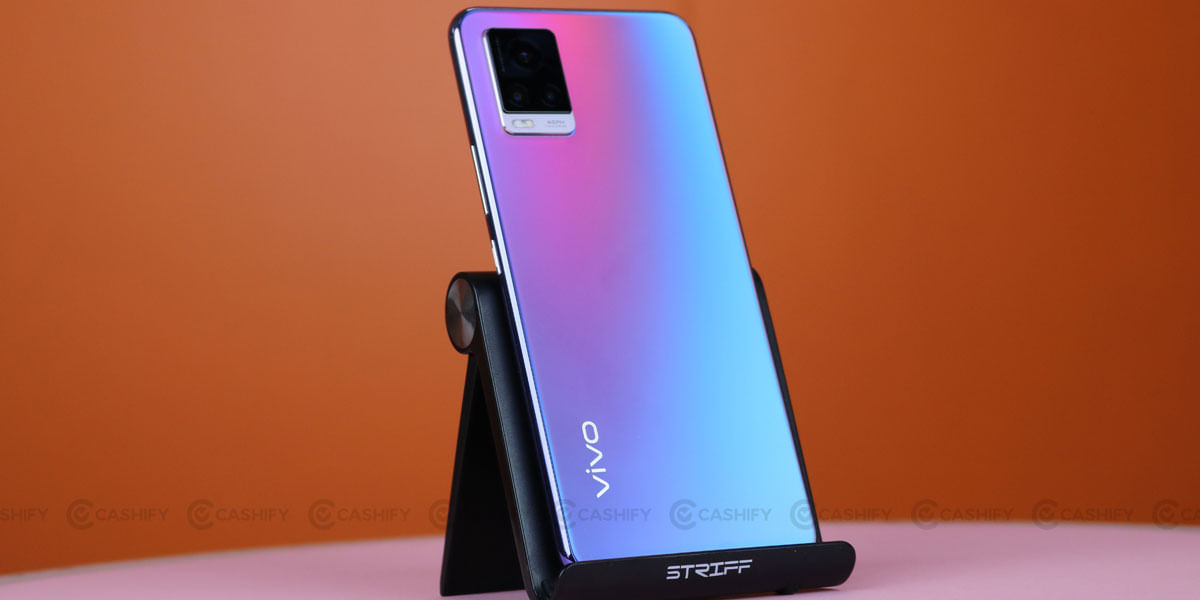
The display at the front will feel completely flat and has a waterdrop-styled notch which kinda feels a little old as most manufacturers have moved to a less obtrusive punch-hole styled selfie camera. The screen is protected by Schott Xensation glass and not Gorilla glass which is a slight downgrade over its predecessor the Vivo V19.
Also Read: More Smartphone Reviews by Cashify Experts
The 3.5mm headphone jack along with the speaker grille, and, of course, the USB-C connector are present at the bottom. The right-hand side of the phone accommodates the volume rocker and the power button. The sim tray is present on the left. The earpiece grille at the top is noticeably huge and gives the impression of housing a proper loudspeaker but that’s not the case as the Vivo V20 doesn’t have stereo speakers. Just the bottom-firing one.
Display - Still 60Hz
Vivo V20 features a 6.4-inch AMOLED panel with a screen resolution of1080 x 2400px and a pixel density of 409PPI. It can reach a peak brightness of 438 nits with a manually maxed-out slider and can boost up to 620 nits in bright environments if you have the adaptive brightness enabled. That’s decently bright for an AMOLED. It ensures a comfortable viewing experience even on a bright sunny day. There is the now standard 20:9 aspect ratio and a screen-to-body ratio of 83.7%.
Read More: Mobile Phones With Best Displays
The colours look sharp and I had no issues with the viewing angles. You can tweak the colour mode of the display and even set the colour temperature based on your preference. The 6.4-inch FHD+ panel provides an immersive experience while watching multimedia content. The phone supports Widevine L1 DRM, so you will be able to enjoy the maximum quality across all streaming services.
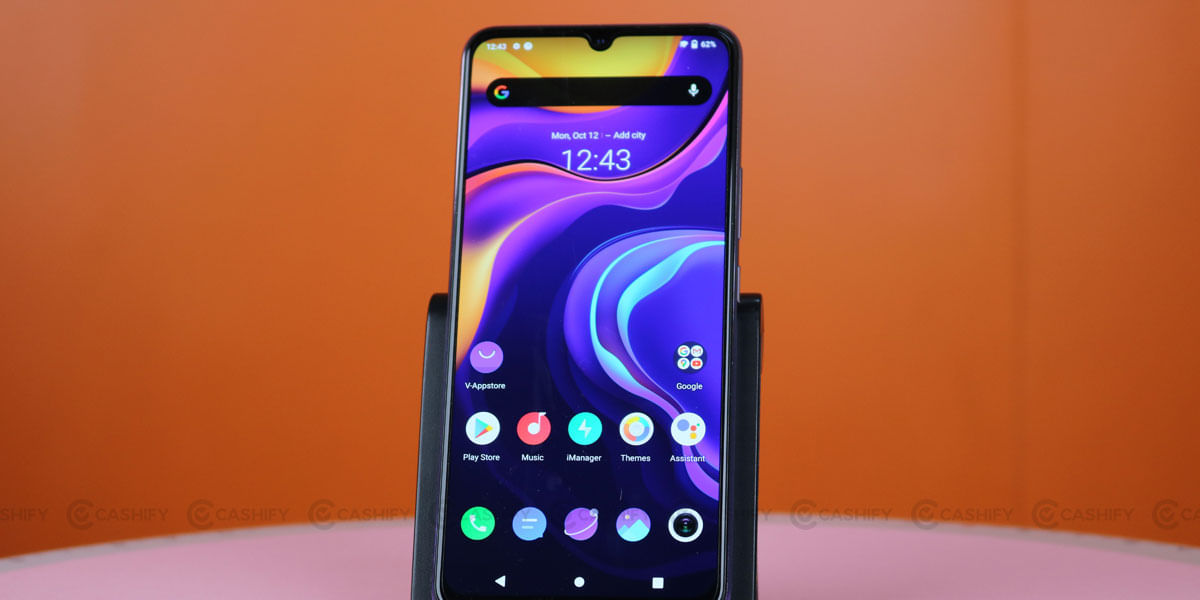
The display has a dew drop notch which kinda gives it a look of a 2019 device and it doesn’t feel new. I don’t know why Vivo has decided to go with an old design for the notch, for a phone which is priced at 25K and that could be an off-putting for many potential buyers, in my opinion. Also, it is a standard 60Hz panel, so you won’t be able to enjoy that buttery-smooth scrolling experience which you get with a higher refresh rate panel.
All in all the Vivo V20 has a crisp AMOLED display that’s very good for watching videos on but is only undermined by its standard refresh rate and the old-styled notch.
Performance - Quite Mid-Range
Vivo V20 is powered by the Snapdragon 720G SoC. It’s not the most recent SoC, but it does hold pretty well in 2020 and gets the job done. The 8nm octa-core chipset paired with the Adreno 618 GPU keeps the phone running smooth.
In our experience the device performed quite strongly. Regardless of what we threw at it, it handled all well with ease, without any lags or stutters. Switching through apps, navigating across the UI, looking up options in the settings or editing photos: none were able to slow it down. Over the time the Snapdragon 720G has proved that it is quite an efficient chipset when it comes to handle battery drain and does not heat up as well.
Read More: Top 10 Gaming Phones in India
As for the gaming part it performed satisfactorily well for me at least, since I am a very light gamer. I played Call of Duty Mobile with high settings and it ran perfectly well with minor frame drops sometimes. However, it performed even better when I switched to medium settings. Over the time the Snapdragon 720G has proved that it is quite an efficient chipset when it comes to handle battery drain and does not heat up as well. That goes with the Vivo V20 as well, you can enjoy longer gaming sessions without the device getting heated up which ensures good performance while running heavy applications and almost all popular Android games like PUBG Mobile, Asphalt 9 or any other, even when the graphics settings are set to high.
Software - Cleaner Than Before
Vivo V20 is one of the first devices to ship with Android 11 out of the box, and it also carries Vivo’s latest Funtouch OS 11. Unlike the previous versions of the OS, the Funtouch 11 looks and feels like stock Android. There is a standard app drawer at hand, a close-to-stock recent app menu, and a notification shade with the usual circular quick toggles.
The UI provides a clean stock-ish experience and there are hardly any preinstalled apps other than the essential ones like gallery, the FM radio and the voice recording apps. There are the compass and level meter apps along with the iManager that clears the memory cache, analyses your data usage, scans for viruses and helps you clean your storage of the junk. You have the usual set of navigations gestures with additional quick access to Google Assistant by swiping diagonally from the lower-left and lower-right corners of the screen.
Cameras - One Of A Kind
The camera module at the back is one of a kind. It is a triple camera but has the functionality of quad cameras. There is the 64MP primary sensor with f/1.9 aperture and 0.8µm pixels, the 8MP Ultra-wide angle lens with f/2.2 aperture and 1.12µm pixels which is also capable of taking macro shots and then we have the 2MP depth sensor. The selfie camera at the front is a 44MP shooter with f/2.0 lens and more importantly, autofocus.
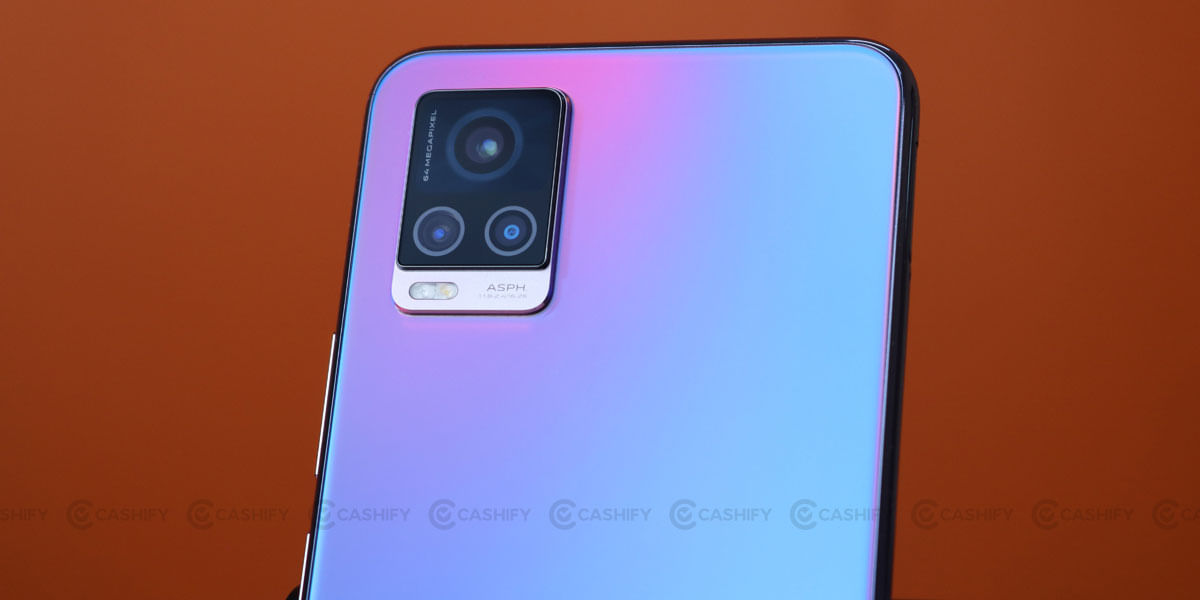
The primary camera by default takes 16MP binned photos. In daylight the images captured come out really good with enough details and true-to-life colours. The dynamic range is good with excellent contrast. Although there is a slight over-sharpening and bit of a noise visible here and there, but it doesn’t spoils the image quality.
Also Read: Top 5 Camera Phones
The Ultra-Wide shots are rather disappointing even in good lighting conditions. The images lack detail and sharpness. The only sharp objects are the ones which are quite close to the camera. However, the dynamic range is pretty wide enough and offers good white balance. You do get autofocus with the ultra-wide lens, which allows you to capture objects from a close angle with the dramatic ultra-wide effect. Try it out, under optimal lighting conditions and you will enjoy it.
In low-light the shots taken with the main camera come out fairly good. There is ample amount of details and a wide dynamic range, although the images are a bit on a soft side. There is a dedicated Night Mode which does improve the low light camera performance but it takes a couple of seconds to process the photo. There are some additional color filters available in the Night mode like cyberpunk and Gold vibes and with the right lighting you can click some awesome-looking shots with theses filters.
The 44 MP selfie camera captures detailed and sharp sefies with natural-looking skin tone although there is a bit of oversaturation. Portrait shots come out good as well with proper edge detection and sharp focus. Even in fully artificial lighting the subject’s face was well focused, though you might notice a drop in sharpness.
Video recording maxes out at 4K 30fps for the primary camera and 1080p for the Ultrawide camera. The Front camera can record at 4K 30fps too. The video is stabilised with the Ultra steady mode which is locked at 1080p@50fps. The standard EIS is also there and does a fine job in stabilising.
Battery - Does Not Disappoint
Vivo V20 packs a 4,000mAh cell under its hood, and I wasn’t very hopeful if that would be sufficient for a device like this. But, when tested, it proved me wrong and I was surprised by the excellent runtimes the battery was able to deliver. The device lasted for a full day out of a single charge upon moderate use like calls, social media use, web browsing and watching videos. However extended gaming sessions did put a dent in battery life and I had to plug in the charger before the end of day. The V20 supports up to 33W fast charging which is possible with the 33W Flash Charger that you get inside the box. It can charge the phone from zero to 66% in 30 minutes while a full charge takes about an hour but not more than that. This gives the device a slight edge over its competitors like the OnePlus Nord and the Galaxy M51, in terms of charging speed.
Audio, Connectivity, Biometrics
Vivo V20 has a solitary bottom-firing and it doesn’t really impress with the sound quality and loudness. Audio output is just average. Vocals are clear, but the lack of mids and lows makes every song sound flat. It looks like Vivo has done some cost cuttings in the device’s audio front. The absence of stereo speakers surely puts it behind other phones like the Realme 7 Pro and the Poco X3 where both these devices have stereo speakers and are priced below 20K.
Vivo has not ditched the 3.5mm headphone jack, which is a good thing but, there is no support for Dolby Atmos, even then the audio output from the headphone jack was quite decent. The Bluetooth 5.1 ensures that audio streaming will be better with most recently launched earbuds or headphones.
The device supports dual sim (Nano-SIM) with 4G enabled on both the sims. Other connectivity options on the Vivo V20 include dual-band Wi-Fi, Bluetooth 5.1, USB Type-C 2.0 and USB On-The-Go. GPS support with A-GPS, GLONASS and BDS is present. Other sensors present on the Poco X3 include accelerometer, gyro, proximity sensor and compass.
For security, the Vivo V20 comes with an optical in-display fingerprint sensor, which is fairly fast though not the fastest. Facial recognition is also included and detects your face in no time in almost every scenario. As usual you can set up a 6-digit secure Pin or Password.
Pros & Cons
Pros:
- Runs the latest Android 11
- Light, slim and best for single hand usage
- Headphone jack available
- One of the most stylish design
Cons:
- Single storage and memory variant
- A bit smaller battery
Vivo V20 definitely stands out in the design front. It offers a sleek, light weight design which definitely has a premium feel to it. It features a bright OLED display but the outdated dew-drop notch steals away the fresh feel. The cameras do perform well and can take some worthy shots in almost all lighting conditions. However, it really disappoints on the speaker front. So, buy it for its premium design, good primary camera performance and ample amount of storage and RAM.
As for the alternatives, the first device that comes to mind in the 25K price segment is the OnePlus Nord which has a more powerful chipset and a 90Hz AMOLED panel. The Realme 7 Pro can also be another option with its Super AMOLED display and an equally good camera setup.


